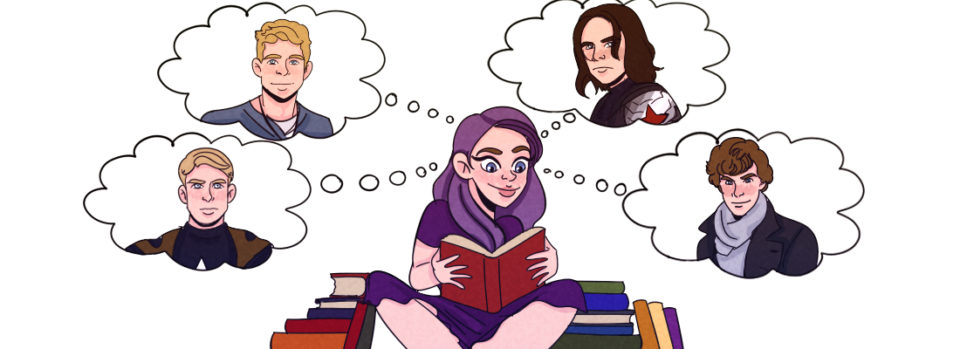 The true story of thirteen women who took a risk on an expensive diamond necklace and, in the process, changed not only themselves but a community. Four years ago, in Ventura, California, Jonell McLain saw a diamond necklace in a local jewelry store display window. The necklace aroused desire first, then a provocative question: Why are personal luxuries so plentiful yet accessible to so few? What if we shared what we desired? Several weeks, dozens of phone calls, and a leap of faith later, Jonell bought the necklace with twelve other women, with the goal of sharing it. Part charm, part metaphor, part mirror, the necklace weaves in and out of each woman’s life, reflecting her past, defining her present, making promises for her future. Lending sparkle in surprising and unexpected ways, the necklace comes to mean something dramatically different to each of the thirteen women. With vastly dissimilar histories and lives, the women show us how they transcended their individual personalities and politics to join together in an uncommon journey. What started as a quirky social experiment became something far richer and deeper, as the women transformed a symbol of exclusivity into a symbol of inclusiveness. They discovered that sharing the necklace among themselves was only the beginning; The more they shared with others, the more profound this experience–and experiment–became. Original, resonant, and beautifully told, this book is an inspiring story about a necklace that became greater than the sum of its links, and about thirteen ordinary women who understood the power of possibility, who touched the lives of a community, and who together created one extraordinary experience.
The true story of thirteen women who took a risk on an expensive diamond necklace and, in the process, changed not only themselves but a community. Four years ago, in Ventura, California, Jonell McLain saw a diamond necklace in a local jewelry store display window. The necklace aroused desire first, then a provocative question: Why are personal luxuries so plentiful yet accessible to so few? What if we shared what we desired? Several weeks, dozens of phone calls, and a leap of faith later, Jonell bought the necklace with twelve other women, with the goal of sharing it. Part charm, part metaphor, part mirror, the necklace weaves in and out of each woman’s life, reflecting her past, defining her present, making promises for her future. Lending sparkle in surprising and unexpected ways, the necklace comes to mean something dramatically different to each of the thirteen women. With vastly dissimilar histories and lives, the women show us how they transcended their individual personalities and politics to join together in an uncommon journey. What started as a quirky social experiment became something far richer and deeper, as the women transformed a symbol of exclusivity into a symbol of inclusiveness. They discovered that sharing the necklace among themselves was only the beginning; The more they shared with others, the more profound this experience–and experiment–became. Original, resonant, and beautifully told, this book is an inspiring story about a necklace that became greater than the sum of its links, and about thirteen ordinary women who understood the power of possibility, who touched the lives of a community, and who together created one extraordinary experience.

In Cheryl Jarvis’ book, The Necklace, Jonell McClain convinces 11 other women to band together with her to bid on a $37,000 diamond tennis necklace. (The 13th – and most reluctant – member is the jeweler’s wife.) They hold regular meetings, they set up guidelines for sharing the necklace (everyone gets it for a month), they talk about where the necklace has been and what they’ve done while wearing it – everything from trips to the gynecologist to sky diving. There are rules about when you must have the necklace (if you are going to Paris) and what you must do while you have it (you must make love wearing only the diamonds, which is how one woman convinces her husband to sign off on the project). The women are very different from each other, they have different reasons for getting involved, but they all find it a novel and exciting experience and they take different things away from it. Perhaps it’s because I’m not a big fan of jewelry that I cannot imagine a necklace changing my life, or so many women being moved by the power of some diamonds. Patti, a personal shopper and a woman with a huge wardrobe and closets full of accessories, finds that owning the necklace changes her whole perspective on being a consumer, so perhaps it’s possible. It was interesting to see the different ways the women connected. I’m not sure that it has anything profound to say about our consumerist culture, but it says a lot about how women form friendships and the value of those friendships. I also found that necklace gave the women something to talk about with other people and a reason for people to take an interest in them. This seemed to make them blossom, far more than you could credit to pretty jewelry.







